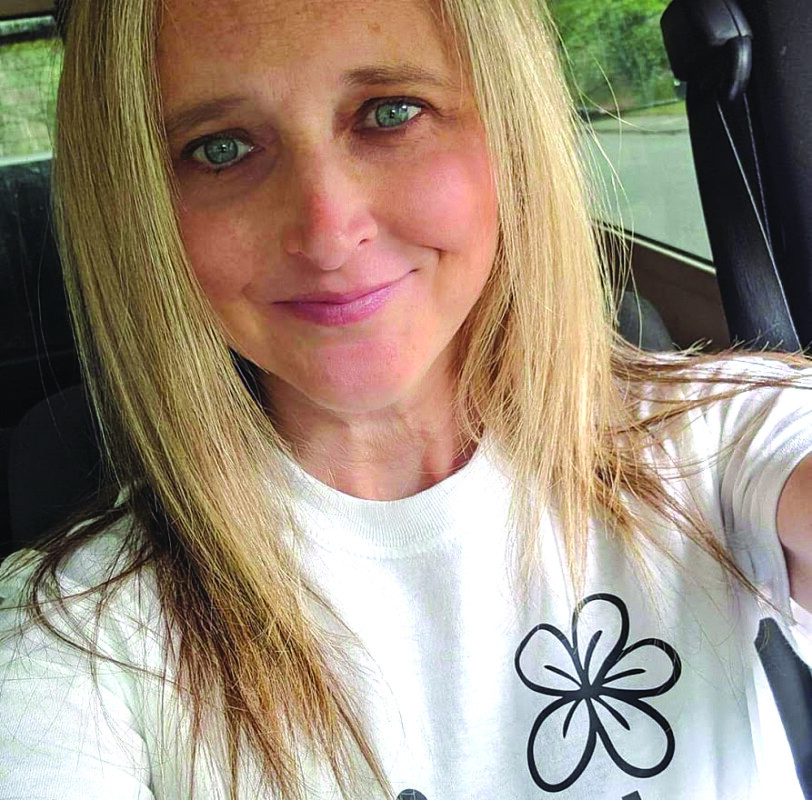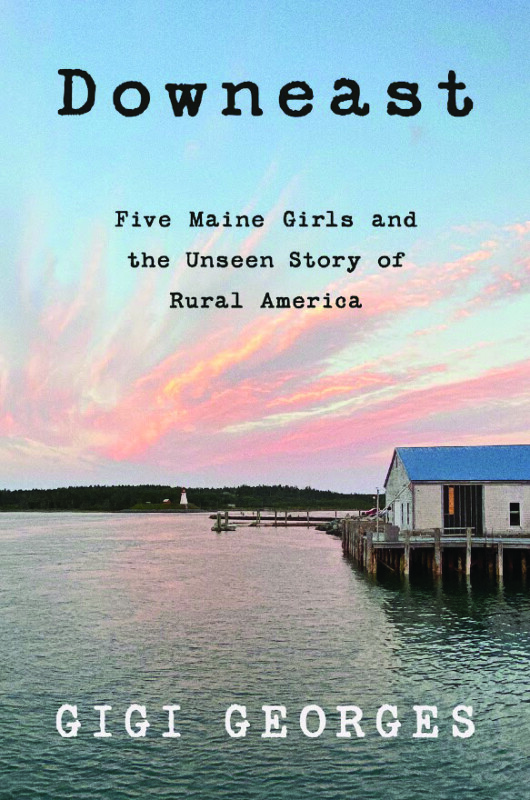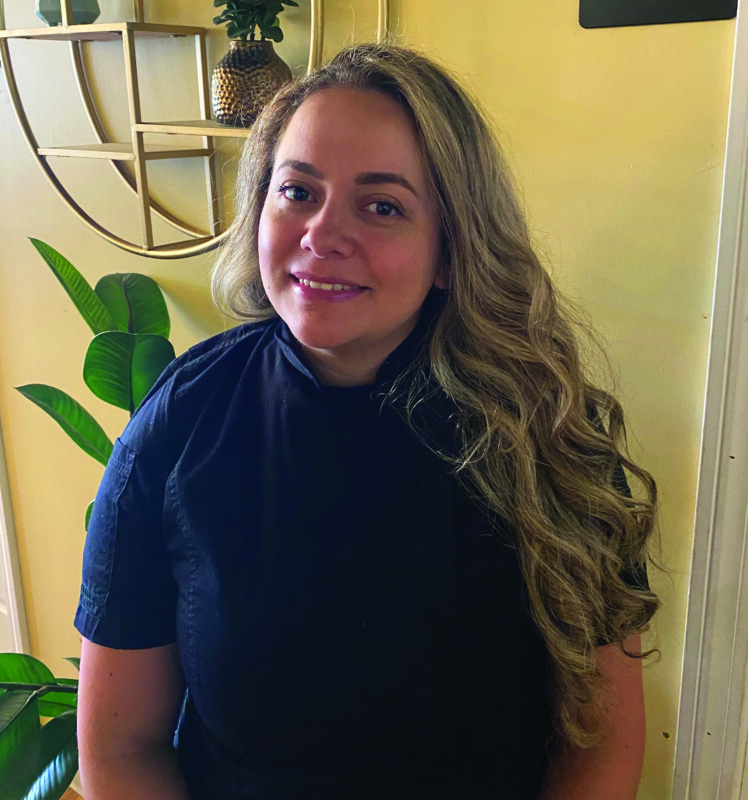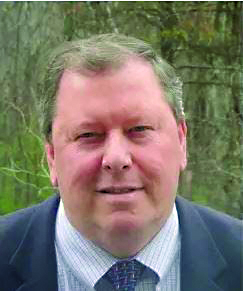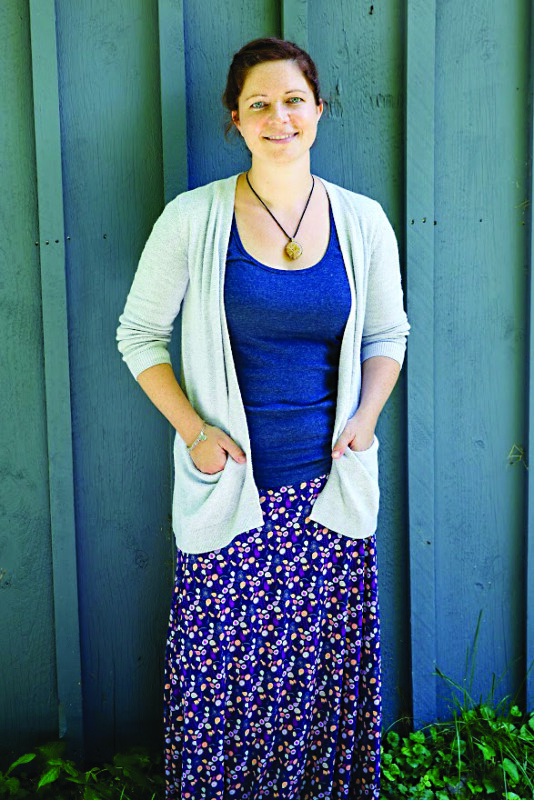Tim and Amy Dally of Milford are the owners of Tim’s Drunken Sauces & Rubs (967-4242, [email protected], find them on Facebook), a food trailer they launched in the spring that specializes in barbecue items like ribs, pulled pork and beef brisket, in addition to other options like burgers, tacos, Philly cheesesteaks, loaded fries, fresh-squeezed lemonades and fruit smoothies. They also offer their small-batch sauces and rubs, many of which will incorporate alcohol, like their signature maple bourbon sauce. Find them at 244 Elm St. in Milford most Tuesdays and Wednesdays from 11 a.m. to 3 p.m., Thursdays, Fridays and Saturdays from 11 a.m. to 6 p.m., and Sundays from 11 a.m. to 5 p.m. Tim’s Drunken Sauces & Rubs also appears at local breweries like Able Ebenezer Brewing Co. in Merrimack and Spyglass Brewing Co. in Nashua, and has a few public events scheduled this month, including Ashland’s Independence Day Celebration on July 3 and the annual Twilight at the Currier block party at the Currier Museum of Art in Manchester on July 17.
What is your must-have kitchen item?
Tim: My probe thermometer.
Amy: My burger spatula. It’s a nice wide one, so you can get right under there. If I don’t have that, it’s not coming out right.
What would you have for your last meal?
Tim: Hibachi.
Amy: Definitely Italian. Something with cheese and sauce and pasta, [like] chicken Parm or eggplant Parm.
What is your favorite local restaurant?
Tim: Jade Dragon and Golden Koi [in Milford].
Amy: Pastamore [in Amherst]. It’s family-owned, and probably the most authentic Italian food that we have found since moving here, other than in Boston. They’re really great people and their food is great.
What celebrity would you like to see ordering from your food trailer?
Tim: J. Lo [Jennifer Lopez].
Amy: For me, it would have to be Gronk [former New England Patriots tight end Rob Gronkowski].
What is your favorite thing on your menu?
Tim: The brisket. We’re doing both plates and sandwiches, and we sell it by the pound.
Amy: Mine is the pulled pork macaroni and cheese burrito, and I dip it in the maple bourbon sauce. It’s fantastic.
What is the biggest food trend in New Hampshire right now?
Amy: In all honesty, I would say food trucks, just from all of the people that have reached out to us. … There are so many places in New England where food trucks are a thing, and New Hampshire is finally getting on that bandwagon.
What is your favorite thing to cook at home?
Amy: Lasagna. I do a meat lasagna with Italian sausage in it, and my kids love it. It’s their favorite.
Tim: Hibachi. I make my own teriyaki sauce and everything.
Smoked baked great northern beans
Courtesy of Tim and Amy Dally of Tim’s Drunken Sauces & Rubs
1 bag great northern beans
1 red onion
1 pound bacon
3 garlic cloves
¾ cup maple syrup
¾ cup bourbon
½ cup molasses
½ cup apple cider vinegar
5 cups barbecue sauce
6 tablespoons ketchup
6 tablespoons tomato paste
7 tablespoons Dijon mustard
Pork belly (cut into 1-inch cubes; about 5 to 10 cubes)
5 tablespoons paprika
3 tablespoons dry mustard
1 teaspoon cayenne powder
Rinse beans. Add six to eight cups of water to a saucepan and bring to a rapid boil. Boil for two minutes. Remove from heat and cover. Drain beans and rinse. Add six cups of water to the saucepan. Add beans and simmer on low to medium heat with lid tilted until desired tenderness. Cook the bacon and set aside. Drain the grease out and add the pork belly. Dice the onions and cook for 5 minutes. Add the diced garlic and cook for 1 minute. Add 6 cups of water, along with the maple syrup, bourbon, molasses, apple cider vinegar, barbecue sauce, Dijon mustard, ketchup, tomato paste, paprika, dry mustard and cayenne powder. Bring to a boil and simmer for 5 minutes. Add cooked bacon and place in smoker for 3 to 5 hours at 250 degrees.
Featured photo: Tim and Amy Dally – Tim’s Drunken Sauces & Rubs


